Revamp of transport hub on Victorian pier completed
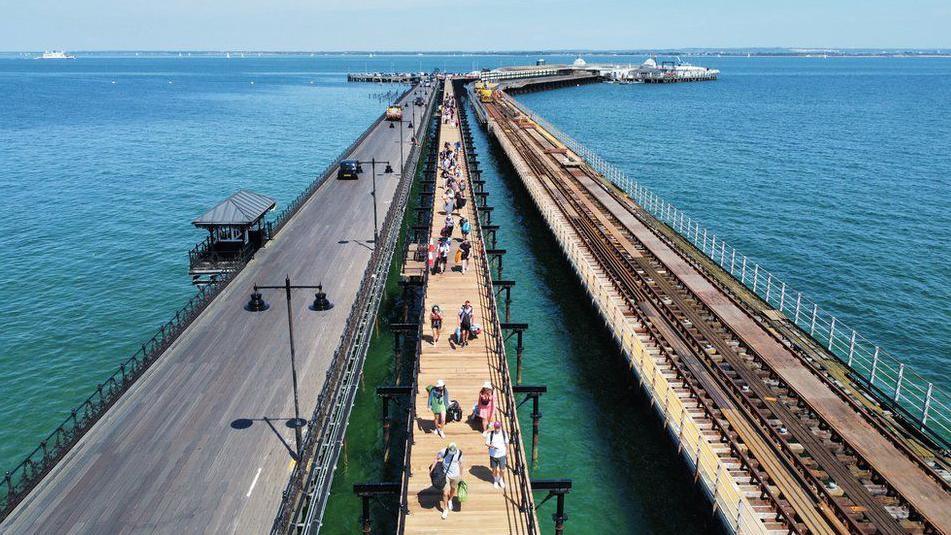
Built in 1814, Ryde Pier is the UK's oldest and the second-longest seaside pier in the country at half a mile long
- Published
Work to upgrade a transport hub on an Isle of Wight pier has been completed more than a year later than planned.
The scheme saw Ryde Interchange reorganised to give priority to pedestrians and open up views of the Victorian pier.
Costing £10m, the Isle of Wight Council project was initially expected to be finished by March 2023.
Phil Jordan, leader of the authority, said it had "taken some time" but was "worth the wait".
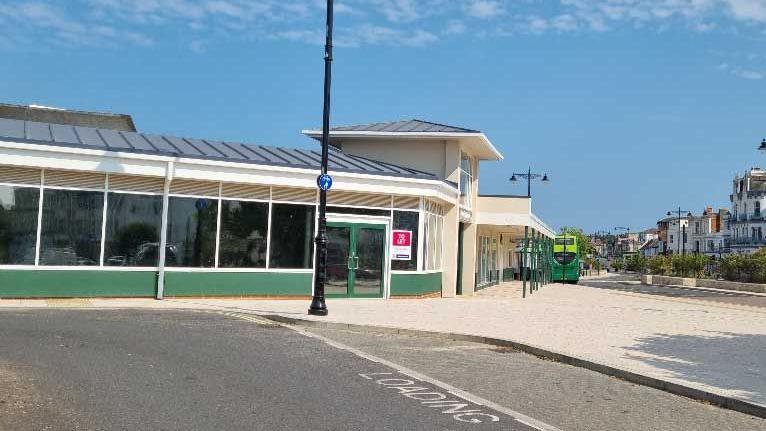
It is hoped the multimillion-pound project will provide better travel connectivity
Improvements included building a boardwalk for pedestrians, linking Ryde Pier Head and Ryde Esplanade.
The walkway was built on the Victorian cast-iron piles of the old tramway.
Refurbishment of the station buildings included fully accessible toilets and access to the boardwalk.
The Esplanade bus interchange was also remodelled, making it safer for buses to manoeuvre and exit via George Street.
All services on the 8.5 mile (13.7km) Island Line will be suspended for a month from 6 September.
And there will be no trains to Ryde Pier Head from then until May 2025, while Network Rail carries out major structural repairs.
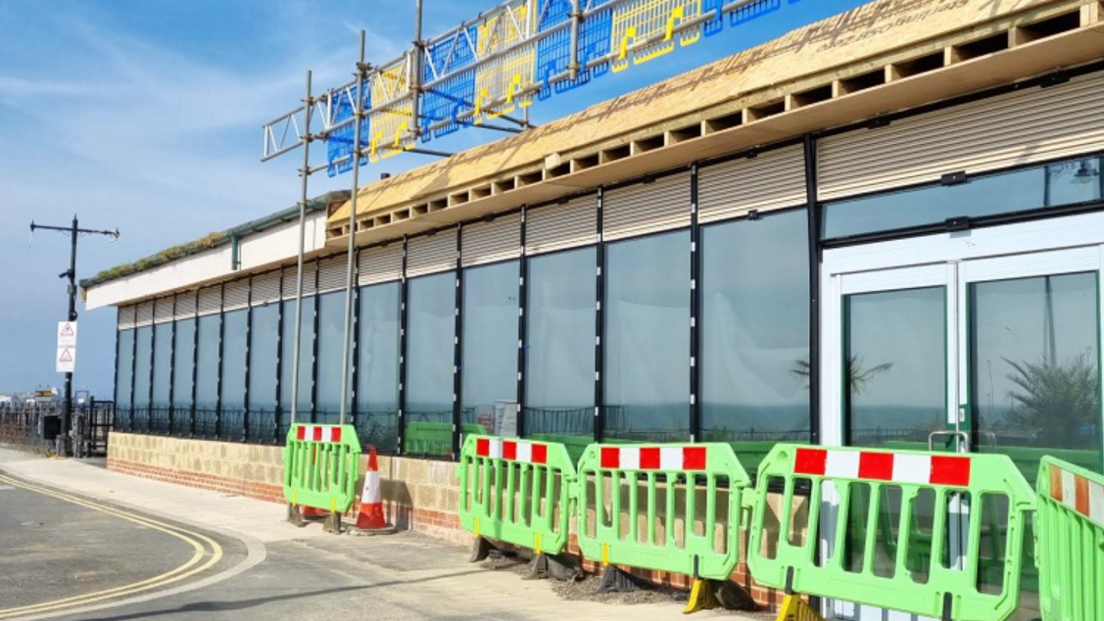
Hoarding was removed from the new café unit in May
The scheme was mainly funded by a government grant from the Transforming Cities Fund.
Wightlink, Southern Vectis, The Railway Heritage Trust and Isle of Wight Council contributed some additional cash to the project.
Mr Jordan described the completion of the work as "a landmark day for Ryde", adding there were still a few finishing touches to be made.
"Following this summer season, we also plan to replace the existing bus shelters with a more robust design featuring pitched, rather than barrelled, roofs and lower traditional seat heights," he said.
"And one final, fantastic upgrade, the new shelters will then be fitted with real-time information for bus services giving the much-needed and requested information that is fit for the 21st Century."
Follow BBC South on Facebook, external, X (Twitter), external, or Instagram, external. Send your story ideas to south.newsonline@bbc.co.uk, external or via WhatsApp on 0808 100 2240, external.
Related topics
- Published28 November 2023
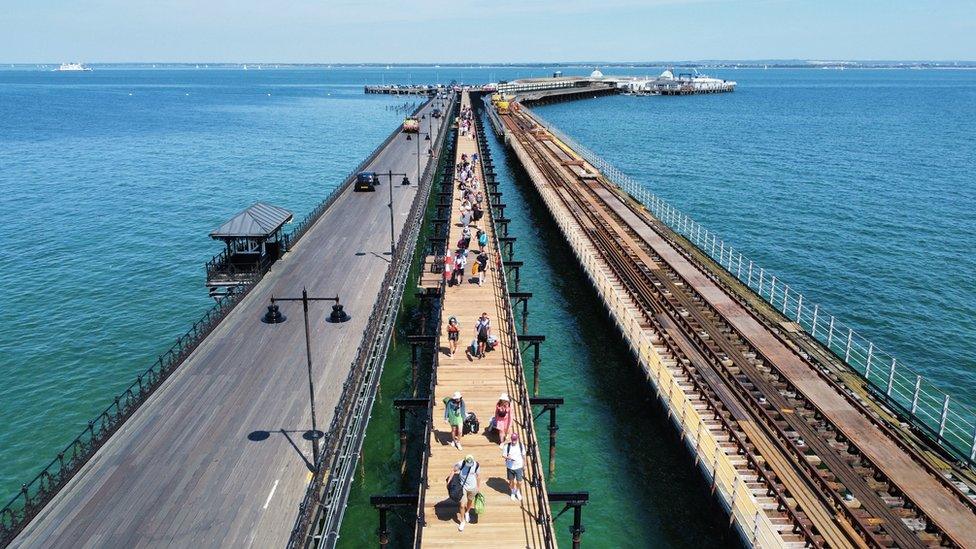
- Published9 March 2023
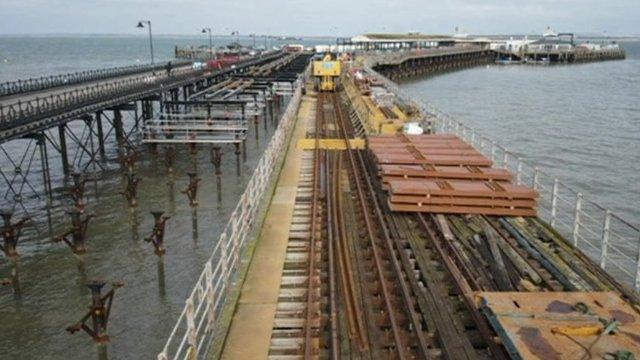
- Published22 June 2023
